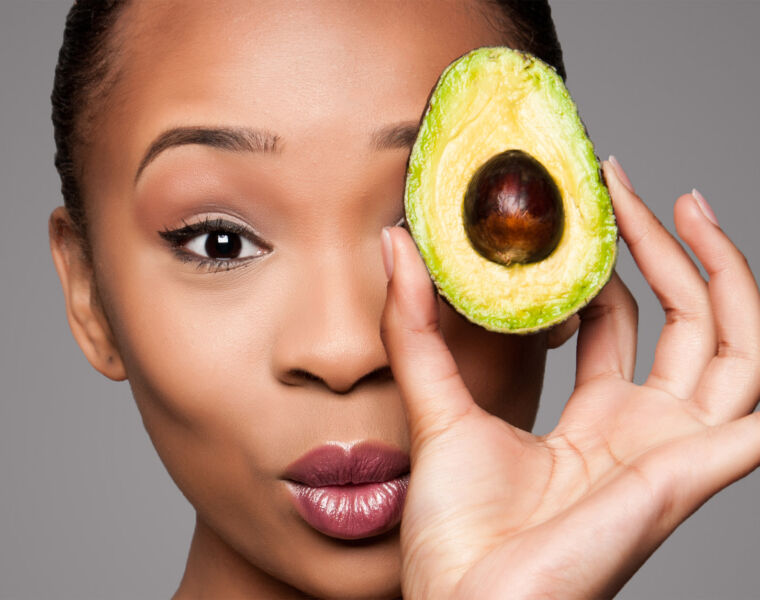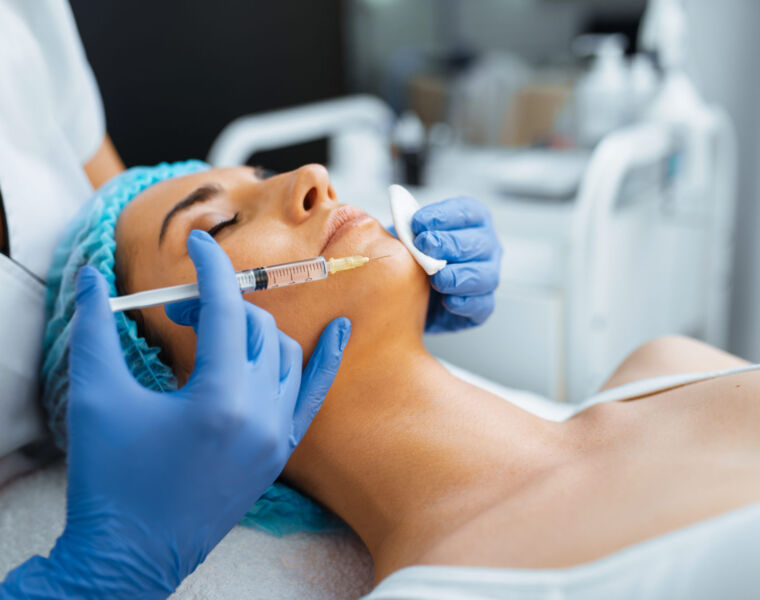
According to the latest research by the Health and Food Supplements Information Service, Brits are in the dark when it comes to Vitamin D, with over half not aware of the official advice to take a supplement from October to March.
New consumer research to capture real-world evidence contained within the latest Health & Food Supplements Information Service (HSIS) report titled – VITAMIN D: THE RAPIDLY EMERGING EVIDENCE – Why We All Need To Get Vitamin D Savvy Urgently shows that most UK adults are in the dark when it comes to vitamin D and 55% are not aware of the official advice to take a supplement from October to March.[1]
HSIS nutritionist and report co-author Dr Emma Derbyshire told us, “Even fewer Brits (30%) are aware of the guidance for babies who are breastfed and two in five (40%) mistakenly believe that diet alone can provide all their vitamin D needs. A similar number (40%) don’t realise that adequate levels of vitamin D are essential for the absorption of calcium.”
GP and member of the HSIS expert hub Dr Gill Jenkins added, “The science is complex and constantly evolving, but the importance of vitamin D for health and wellbeing is now beyond doubt. And while there may be an ongoing debate about how much vitamin D we need, the simple answer is that we need more.”
But how can we plug this gap when only one in five (22%) Brits are aware that the official UK guidance is to take 10 mcg of vitamin D daily? To make matters worse, this consumer research commissioned by HSIS reveals that a third (34%) have no idea how much vitamin D is advised, and more than a quarter (26%) think the dose is lower than 10 mcg.
It turns out that the root of the problem may lie in the confusing advice on vitamin D. As HSIS GP and report co-author Dr Gill Jenkins points out, “The only thing that’s clear is that the advice is far from clear!”
“While there is consensus that blood levels of vitamin D below 25 nmol/litre are too low and indicate a deficiency, health regulators and scientists can’t agree on what the optimal level is, or the amount of vitamin D that is required to achieve it. In some cases, ‘official’ advice is also inconsistent,” explains Dr Emma Derbyshire.

She adds, “For instance, the UK’s Chief Medical Officers advise that all pregnant and breastfeeding women, and anyone over the age of 65 who are not exposed to much sun, should take a daily 10 mcg supplement.
For children between the ages of six months and five years, unless they are fed a fortified infant formula, a supplement of 7 to 8.5mcg is recommended. But that guidance was issued more than a decade ago, in 2012.”[2][3]
Following that advice, in 2016, the Scientific Advisory Committee on Nutrition (SACN) took another look at vitamin D and recommended, “Everyone over one year of age should consume 10mcg of vitamin D daily.”
From birth to 12 months, infants should get between 8.5 and 10 mcg.[4] SACN also advises that a blood level of less than 25 nmol/L constitutes a deficiency.
However, in Ireland, the threshold for sufficiency is 30 nmol/L or more and only older adults are advised to top up, while the EU advises that blood concentrations of 50 nmol/L or more indicate sufficiency and recommends a daily intake of 10 mcg for infants in their first year of life and 15 mcg for everyone over the age of one.
With all this conflicting advice, it’s hardly surprising that the HSIS report authors found enormous gaps in Brits’ knowledge of vitamin D.[5]
This is especially worrying because the latest research shows that the sunshine vitamin, as it is often known, is likely to play a pivotal role in immunity, inflammation, cardiovascular health, brain health and the endocrine system — which itself has multiple impacts in our health and wellbeing through the release and regulation of hormones.

HSIS GP Dr Gill Jenkins explains, “We’ve known for a long time that vitamin D matters for healthy bones and teeth. We’ve known for some time that it seems to matter for immunity and the risk and progression of autoimmune disease. And now there is a slew of emerging evidence to suggest that vitamin D matters in so many other areas of health and wellness.”
While we all know it as the so-called ‘sunshine vitamin,’ the latest evidence also reveals how this description of vitamin D could be clouding our judgement and increasing the risk of worrying shortfalls.
“There is an assumption that we get most of our vitamin D from exposure to sunlight, but there is actually a lot of debate around how much sunlight is enough. This also fails to address the fact that from October to March, there is not enough sunlight in the UK for our skin to produce vitamin D — and this period gets longer the further north you go.”
Real-world research poll responses collated by HSIS suggest that a scary four out of five (81%) young children are not receiving the year-round supplementation recommended by the NHS[6] Royal College of Paediatrics and Child Health[7] and every Chief Medical Officer in the UK.[8]
Furthermore, National Diet and Nutrition Survey blood tests confirm that one in five adolescents (19%), 16% of working-age adults, and 13% of over-65s are deficient in vitamin D.[9]
HSIS nutritionist Dr Emma Derbyshire concludes, “All the evidence points to significant and worrying shortfalls, and the only way we can be sure to bridge this gap is through supplementation, starting with raising public awareness of the importance of vitamin D for all age groups and cutting through the confusion about how much is enough.
We know that vitamin D is essential for bone and muscle health, and, as we have detailed, there is a growing body of evidence pointing to benefits for the gut, cardiometabolic health and respiratory function.
As a result, we all need to be taking a multivitamin and multimineral with vitamin D or vitamin D supplement daily and all year round with at least 10mcg of vitamin D together with ensuring we do consume those foods containing vitamin D too.”
For more information, see www.hsis.org.
References:
- [1] Perspectus Global; omnibus survey of 1,500 adults; Winter 2023
- [2] https://news.sky.com/story/decade-in-review-a-look-back-at-what-happened-in-2012-11893467
- [3] https://www.thepeoplehistory.com/2012.html
- [4]
- [5] Mason P, Aslam N, Jenkins G, Vitamin D: The challenge of bridging the gap and the rationale for supplementation; 8/9/23: The Food and Nutrition Journal
- [6] https://www.nhs.uk/conditions/vitamins-and-minerals/vitamin-d/
- [7] https://www.rcpch.ac.uk/resources/vitamin-d-infants-children-young-people-guidance#:~:text=All infants should receive a D supplement of 10 mcg.
- [8] https://www.gov.uk/government/publications/vitamin-d-advice-on-supplements-for-at-risk-groups#:~:text=This letter from the Chief, aged 65 years and over
- [9] https://assets.publishing.service.gov.uk/government/uploads/system/uploads/attachment_data/file/943623/NDNS_from_years_1_to_9_data_tables__1_.zip
Read more health features, sector news and guides here.
![]()




You must be logged in to post a comment.